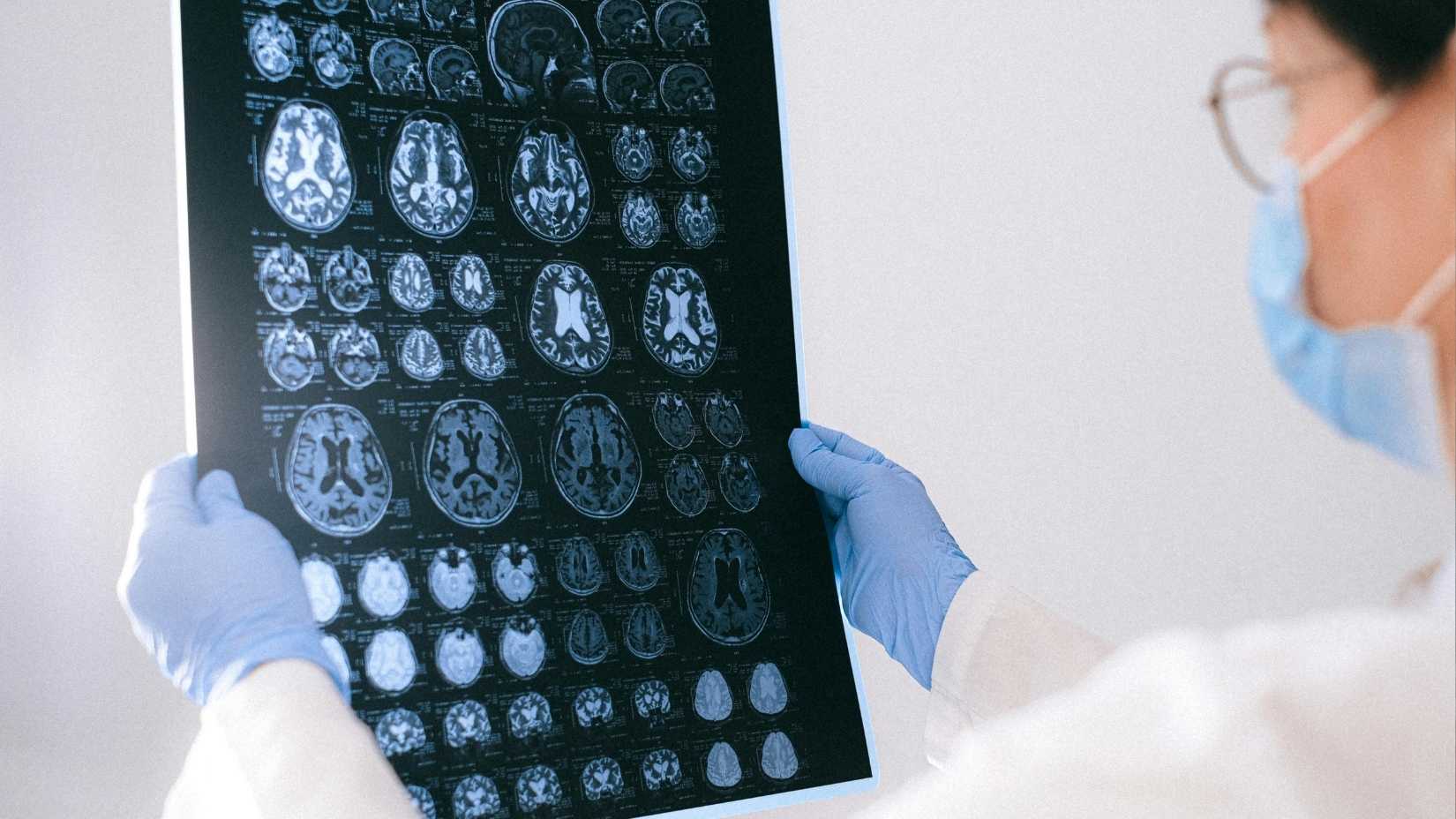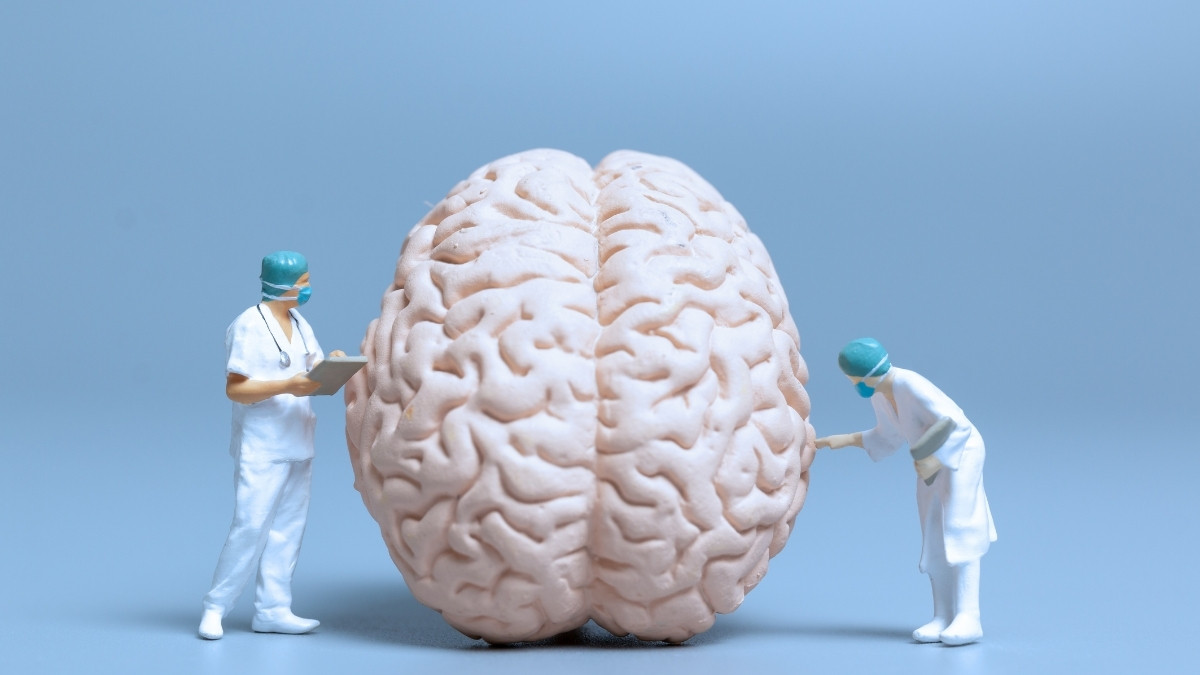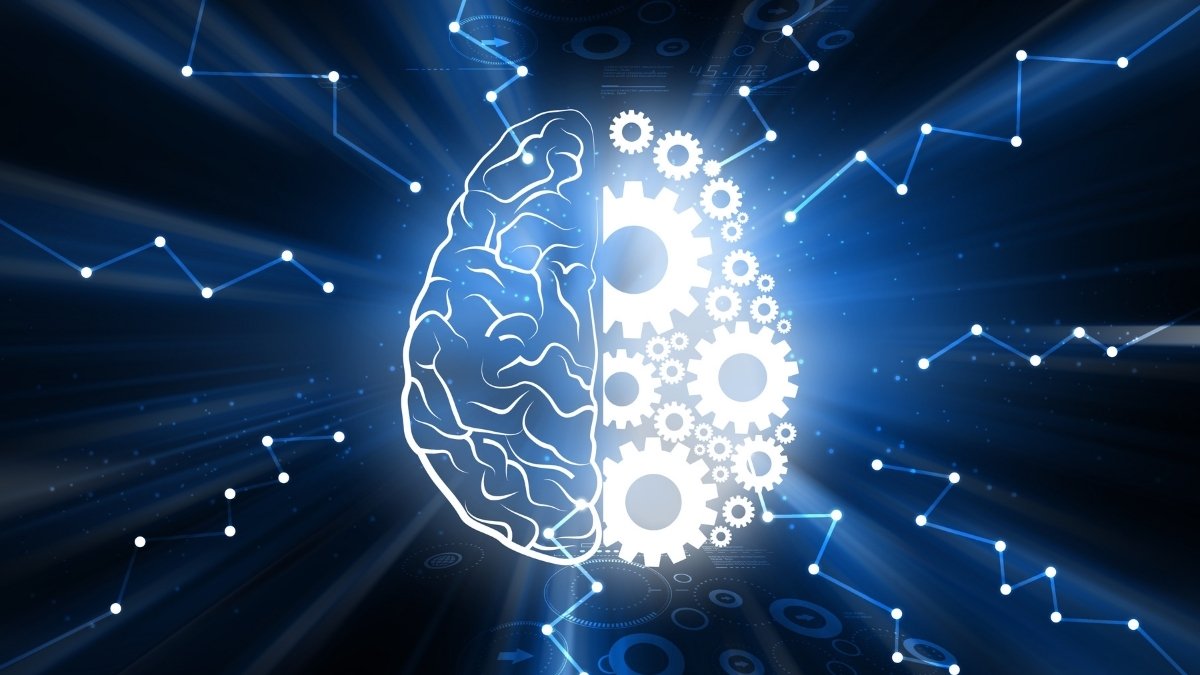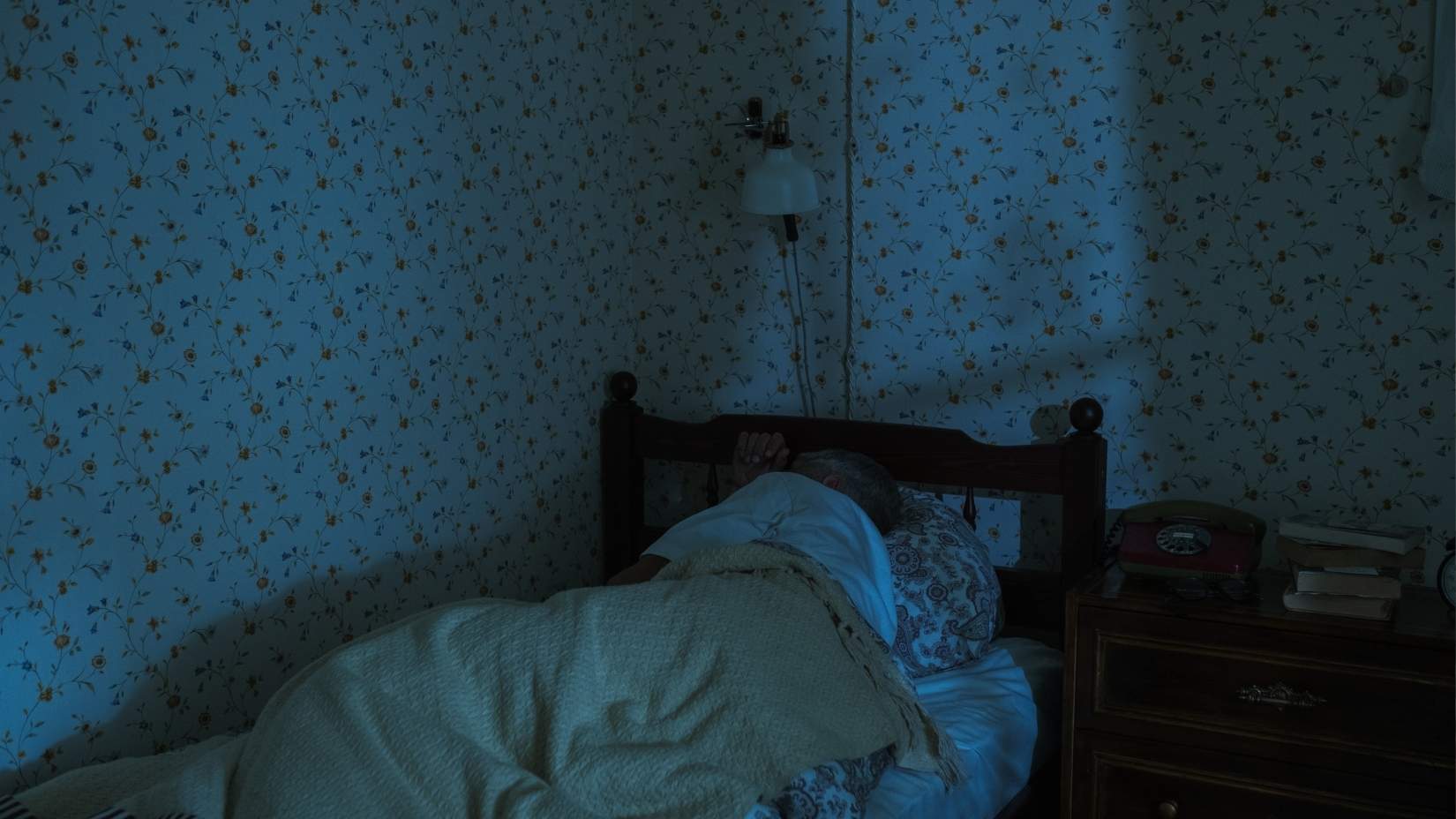The Midnight Miracle: How Deep Sleep Cleans Your Brain Like a ‘Power Wash’ – And Why It’s Critical After 50

Every night while you sleep, your brain undergoes a remarkable transformation that scientists are calling nature’s most sophisticated cleaning system. This process, called deep sleep brain cleaning, literally washes toxic waste from your brain cells. But here’s what most people don’t know—it only works during the deepest stages of sleep.
Maybe you’ve noticed changes in your sleep lately. You wake up feeling foggy even after eight hours in bed. Your memory isn’t as sharp as it used to be. Simple tasks that were once easy now feel harder. These aren’t just signs of “getting older”—they’re warning signals that your brain’s cleaning system isn’t working properly.
The problem gets worse as we age. Scientists have discovered that glymphatic system sleep—your brain’s waste removal process—becomes less efficient over time. The cleaning fluid moves slower through your brain. Less toxic waste gets flushed out each night. This buildup can lead to memory problems, mood changes, and even increase your risk of dementia.

But there’s good news. Recent research shows you can fix this problem at any age. Sleep after 50 doesn’t have to mean poor sleep. You can boost your brain’s cleaning power with specific strategies that work with your aging body instead of against it.
In this article, you’ll learn exactly how your brain’s cleaning system works, why it changes as you get older, and the five-step protocol that can restore deep, restorative sleep. Your brain has been trying to clean itself every night—now you’ll finally give it the help it needs.
The Science Behind Your Brain’s Nightly Power Wash
In 2012, Dr. Maiken Nedergaard made a discovery that changed everything we know about sleep. She found that your brain has its own cleaning system. And it only works when you’re in deep sleep.
Think of your city’s garbage trucks. They work at night when the streets are empty. Your brain works the same way. When you sleep deeply, your brain cells actually shrink by 60%. This creates space between them—like clearing traffic from busy streets.

Now the real magic happens. A clear fluid called cerebrospinal fluid rushes through these open spaces. It’s like a power washer for your brain. This fluid picks up all the toxic waste that builds up during the day.
The system is called the glymphatic system. And here’s what makes it work: during deep sleep, your brain stops making a chemical called norepinephrine. This chemical usually keeps your brain cells tight together. When it drops, the cleaning can begin.
The numbers are stunning. Your brain clears 95% of amyloid-beta proteins during sleep. These proteins cause Alzheimer’s disease when they build up. Deep sleep stages only make up 15-20% of your total sleep time. But they handle most of the heavy cleaning.

Here’s why this matters for you. Poor glymphatic system sleep means toxins stay in your brain. Over years, this leads to memory problems. It can cause dementia. The good news? You can fix this by improving how sleep cleans brain toxins.
Your brain runs its own waste management company every night. But only if you give it the right conditions to work.
Why Deep Sleep Brain Cleaning Becomes Critical After 50
Here’s the hard truth about getting older. Your brain’s cleaning system starts breaking down. And it happens faster than you think.

Starting at age 30, you lose 2% of your deep sleep every single year. By the time you’re 60, you’ve lost 40% of your deep sleep stages. That means your brain gets less cleaning time each night.
Berkeley’s Sleep and Neuroimaging Lab found something scary. Older adults have weaker glymphatic systems. The cleaning fluid moves slower through their brains. Less toxic waste gets removed.
What builds up instead? Tau proteins and amyloid plaques. These are the same proteins that cause Alzheimer’s disease. They stick to your brain cells like rust on metal. Without good sleep after 50 brain health, these toxins pile up faster.
NIH aging research shows the real danger. People over 50 who sleep poorly have 3 times higher dementia risk. Poor deep sleep brain cleaning becomes a slow poison for your mind.

But here’s the good news. You can still fix this problem. Your brain cleaning system may be weaker, but it’s not broken. The right changes can boost your deep sleep quality at any age.
Think of it like this. Your car’s engine needs more care as it gets older. Your brain’s cleaning system works the same way. Give it what it needs, and it will keep protecting your memory for years to come.
The window for action is right now. Every night of better sleep helps clear more toxins. Every month of good sleep habits makes your brain stronger. Don’t wait—your future self will thank you.
Signs Your Brain’s Cleaning System Needs Attention
Your brain might be sending you warning signals right now. These signs mean your deep sleep brain cleaning isn’t working well. Don’t ignore them.

Maybe you blame stress or getting older. But these symptoms often point to one root cause. Your brain’s cleaning system is backing up like a clogged sink.
Here’s what happens when toxic waste builds up in your brain. It creates a chain reaction of problems. Each symptom feeds into the next one, making everything worse.
Check off any symptoms you’ve noticed in the past month:
- Morning brain fog that won’t clear – You feel cloudy for hours after waking up, even with coffee. This happens because toxic waste didn’t get flushed out during sleep. Your brain is literally working through a haze of leftover chemicals.
- Forgetting daily tasks – You walk into rooms and forget why, or miss appointments you never used to miss. Poor glymphatic system sleep makes your memory storage fuzzy. The toxic buildup interferes with how your brain files away information.
- Can’t find the right words – You know what you want to say but the words won’t come out right. Brain toxins interfere with the connections between thoughts and speech. It’s like having static on a radio station.
- Simple problems feel harder – Basic decisions that used to be easy now take more mental energy. Your brain works overtime to think through the toxic buildup. Even choosing what to wear becomes a mental workout.
- Mood swings and snapping at people – You get irritated faster and feel more anxious than usual. Sleep-deprived brains struggle to control emotions. The toxic waste affects the areas that keep you calm and balanced.
Dr. Michael Grandner from the University of Arizona Sleep Center explains it this way: “When glymphatic system sleep fails, it’s like having a clogged drain in your brain. The backup creates these exact symptoms. I see patients reverse these problems within weeks of fixing their deep sleep.”
If you checked three or more signs, your brain’s cleaning system needs help. The good news? You can fix this. Better sleep quality can reverse these problems in just a few weeks.
Your brain is asking for what it needs most. Deep, restorative sleep that lets the cleaning process work properly.
The 5-Step Deep Sleep Optimization Protocol
Ready to fix your brain’s cleaning system? These five steps work together to boost your deep sleep brain cleaning. Start with step one and add a new step each week.
Step 1: Cool Down Your Sleep Cave
Your bedroom needs to be cold. Set your thermostat between 65-68°F every night. This isn’t just about comfort—your core body temperature must drop for deep sleep to kick in.

When your body gets too warm, it blocks the deep sleep stages. Your glymphatic system sleep suffers. No deep sleep means no brain cleaning.
Try a cooling mattress pad if your bed runs hot. Wear lightweight cotton or bamboo pajamas. Some people even sleep with cooling gel pads on their neck and wrists.
Step 2: Sleep on Your Side Like a Pro
Side sleeping beats back sleeping for brain cleaning. Research shows the glymphatic system works 25% better when you’re on your side. Gravity helps the cleaning fluid flow through your brain.

Your pillow height matters more than you think. Keep your head level with your spine. Too high or too low blocks proper drainage.
Left side or right side? Both work well. Pick the side that feels comfortable and stick with it all night.
Step 3: Time Your Night Right
Follow the 3-2-1 rule. Stop eating 3 hours before bed. Turn off screens 2 hours before sleep. Start your wind-down routine 1 hour before lights out.

Late meals force your body to digest instead of clean. Blue light from phones and TVs blocks melatonin production. Your brain needs that hour to shift into sleep mode.
Use that final hour for reading, gentle stretching, or meditation. Keep the lights dim. This signals your brain that cleaning time is coming.
Step 4: Create the Perfect Sleep Environment
Your bedroom should be pitch black. Even small lights can disrupt deep sleep stages. Use blackout curtains and cover LED lights on electronics.

White noise can help if you live somewhere noisy. But complete silence works better if you can get it. Your brain prefers quiet during its cleaning cycles.
Keep humidity between 30-50% and air flowing. Stuffy air makes deep sleep harder to reach.
Step 5: Smart Supplement Support
Magnesium glycinate helps you reach deeper sleep stages. Take 200-400mg about 30 minutes before bed. This form doesn’t cause stomach upset like other types.
Melatonin works differently after 50. Start with just 0.5-1mg, not the 3-10mg doses you see in stores. Too much actually makes sleep worse.

Try natural options first: chamomile tea, valerian root, or L-theanine. These support your body’s own sleep systems without creating dependence.
Remember: these steps work best together. Don’t try to perfect everything at once. Master one step before moving to the next.
Common Mistakes That Sabotage Your Brain’s Cleaning Process

You might be doing everything right during the day. But these five mistakes can wreck your glymphatic system sleep at night. Even one of these issues can cut your brain cleaning by 50%.
Here are the biggest sleep killers for people over 50:
1. That “harmless” glass of wine before bed Alcohol might make you drowsy, but it destroys deep sleep stages. Your brain gets stuck in light sleep where no real cleaning happens. Even one drink 3 hours before bed can mess up your sleep after 50 brain health.
2. Afternoon coffee that seemed fine at 40 Your caffeine sensitivity doubles after 50. That 2 PM coffee now stays in your system until 10 PM. Cut off caffeine by noon if you’re over 50.
3. Mixing medications without checking sleep effects Blood pressure meds, antidepressants, and pain relievers can all change your sleep patterns. They might help one problem but create another. Ask your doctor which ones affect sleep architecture.
4. Sleeping in a warm bedroom Anything over 70°F kills deep sleep stages. Your body can’t trigger the cooling process it needs. Hot bedrooms are like trying to run your dishwasher with warm water—nothing gets clean.
5. Weekend sleep-ins that feel so good Going to bed late Friday and sleeping until noon Saturday confuses your brain’s clock. Inconsistent schedules make it harder to reach deep sleep every night. Your cleaning system needs a regular schedule to work right.
Conclusion:
Your Brain’s Best Friend: Deep Sleep After 50
Deep sleep isn’t just rest. It’s your brain’s nightly cleanup crew. After 50, this becomes even more important.

Your brain literally washes itself during deep sleep. Toxins get flushed out. Memory files get organized. Damage gets repaired.
The good news? You can improve your sleep quality at any age. Small changes add up over time. Better sleep today means a sharper mind tomorrow.
Start Tonight, See Results for Decades
You don’t need perfect sleep right away. Pick one thing from this guide. Maybe it’s keeping your room cooler. Or cutting caffeine after 2 PM.

Your brain will start cleaning better within days. Keep it up for months, and the benefits compound. Better memory. Clearer thinking. Stronger focus.
The science is clear: deep sleep brain cleaning works best when you give it consistent support. Your 60-year-old self will thank your 50-year-old self for starting now.






